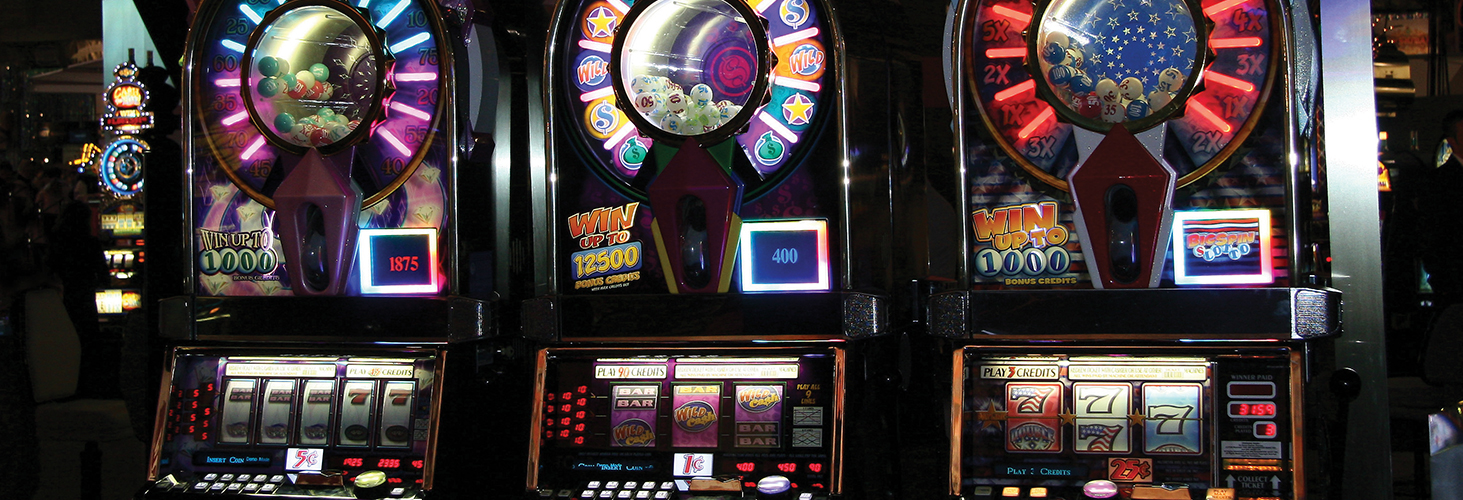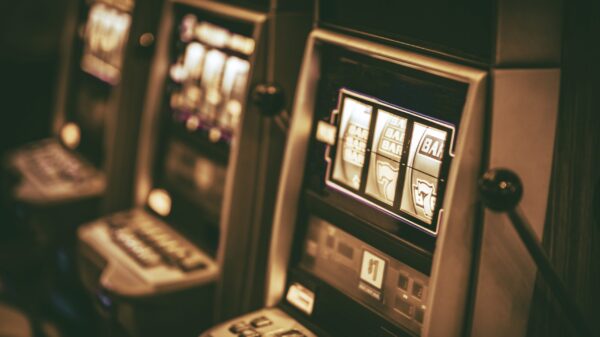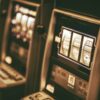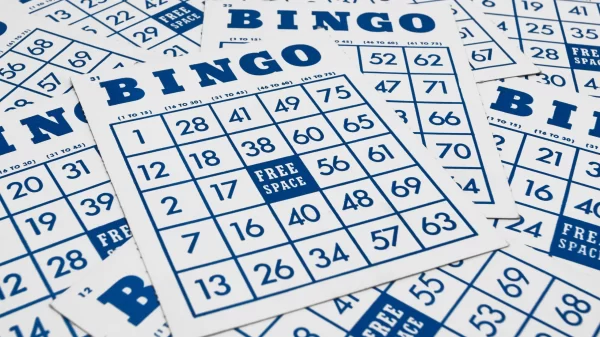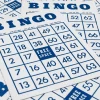By Bill Britt
Alabama Politcal Reporter
MONTGOMERY—A letter obtained by alreporter.com from the US Attorney for the middle district, George Beck, to Gov. Robert Bentley and Attorney General Luther Strange raises serious questions about the State’s inconsistency on the legality of bingo machines.
While the letter seeks clarification on what might appear to be a complex issue, it can be distilled down to a question: How can the machines played at VictoryLand be slot machines and the ones played at facilities owned by Poarch Band of Creek Indians (PCI) not be slots? Or even more simply put, how can one be illegal and the other not?
The stated purpose of the March 31 letter is, “to ascertain the position of the State of Alabama on gaming related to Electronic Bingo Machines (Bingo Machines) operated in Alabama on Tribal and non Tribal lands,” wrote Beck.
The questions stem from complaints filed with his office over the closing of VictoryLand. The State closed the casino saying the machines used at the Shorter casino were illegal slot machines not electronic bingo.
Specifically Beck asks; “Does the State recognize a legal distinction between a slot machine and an electronic bingo machine?
“Can the State furnish any document, expert opinion, or Alabama Court Opinion that expressly declares the machines in question to be ‘slot’ machines?”
Referring to machines removed from VictoryLand, Beck asks, “If the position of the State is that the machines in question are ‘slot’ machines as opposed to ‘Electronic Bingo’ machines, does the State intend to oppose the operation of such machines on tribal lands, as well as non-tribal lands?”
VictoryLand attorney, Joe Espy, says this has been the crux of the matter all along. “Our position has been consistent that if it is a bingo machine and we contend it is and it is legal in Macon and Greene then it is legal on tribal lands. However. If it is a slot machine as Attorney General Strange says then it is illegal in Greene and Macon and on tribal lands.”
The US 11th Circuit has ruled Strange lacks authority to enforce the law on lands owned by PCI. Those would fall to the US Attorney.
In his letter, Beck also questions Memorandum of Understandings (MOUs) entered into between Strange and two separate gaming companies “concerning the ownership, placing and use of the very Bingo Machines that the Attorney General consistently refers to as ‘slot’ machines.”
The US Attorney asks, “Does the State of Alabama consider either of the MOUs…to be a Tribal-State compact, or negotiations of such a compact, that allows Class III gaming on tribal lands in Alabama?”
While the US Attorney says the “information is requested on a purely voluntary basis.” However, the answers could have far-reaching consequence for the PCI, as well as VictoryLand and GreeneTrack.
Tribal casinos in Alabama operate Class II gaming under the the Indian Gaming Regulatory Act (IGRA). Class II gaming is defined “as the game of chance commonly known as bingo (whether or not electronic, computer, or other technological aids are used in connection…).”
IGRA “specifically excludes slot machines or electronic facsimiles of any game of chance from the definition of class II games.”
It further states, that tribe may only offer these games if they are legal within the State. “Tribes retain their authority to conduct, license, and regulate Class II gaming so long as the state in which the Tribe is located permits such gaming for any purpose, and the Tribal government adopts a gaming ordinance approved by the National Indian Gaming Commission (NIGC).”
US Attorney Beck says, this is where the confusion lies. He questions how the State can prohibit electronic bingo in Macon County, but allow the same machines to be played on Tribal lands?
“Confusion has arisen over gaming on Alabama Tribal and non-Tribal lands, by citizens of the Middle District, who complain that the same machines operated on Tribal lands are prohibited by the State from operation on non-Tribal lands,” wrote Beck. Citing concerns raised over the closing of VictoryLand he also states, “The confusion is exacerbated by what citizens claim are inconsistent positions taken by the State, over the enforcement of gaming laws.”
In the State of Alabama v PCI Gaming Authority before the US 11th Circuit, General Strange “referred to bingo Machines as ‘slot’ machines,” according to Beck’s letter. He also cites Strange’s referring to them as slot machines in a letter to Bally Technologies as well. “The Attorney General previously referred to bingo Machines as ‘slot’ machines, both in federal court proceedings… and in his letter to Bally Technologies dated January 31, 2011… the Attorney General referred to the machines… as ‘slot machines’…under the guise of so-called ‘electronic bingo.’” Beck adds, “The letter goes on to say that ‘…no constitutional amendment has authorized SLOT MACHINES or other illegal gambling devices in any county.’” (Emphasis added by US Attorney)
Beck questions how Strange can have an agreement with Bally’s, and other machine providers, which allows the relocation of the machines which he deems illegal at VictoryLand, to be moved to a PCI casino where they would be legal.
“Both of these MOUs were executed shortly after the January 31, 2011 letter …which specifically denied the existence of an Electronic Bingo Machine, and, on the contrary, referred to such machines as ‘slot’ machines in disguise,” wrote Beck. “Given that 13A-12-20 makes slot machines illegal in Alabama, and that it is a criminal offense under 13A-12- 27 for anyone who ‘…conducts or negotiates any transaction affecting or designed to affect ownership, custody or use of: (1) a slot machine,’ one can see where confusion arises since, hopefully, the State would not be a party to a criminal negotiation in connection with the MOUs signed in February, 2011.”
The battle over legal versus illegal bingo continues to be a contentious issue with the Alabama Supreme Court, ruling against VictoryLand shortly after Beck’s letter was made public.
Some see Beck’s letter as a sign that federal intervention is coming. Other’s think the case was closed with the latest supreme court ruling.
VictoryLand owner, Milton McGregor, has vowed to reopen in the near future. Gov. Bentley said gambling laws are a matter for local law enforcement, and for Strange to stay out.
Beck says, “ Gaming has become a very complex, but an important question to citizens of the Middle District.”
How or if this issue will be resolved, is the biggest question of all.




































